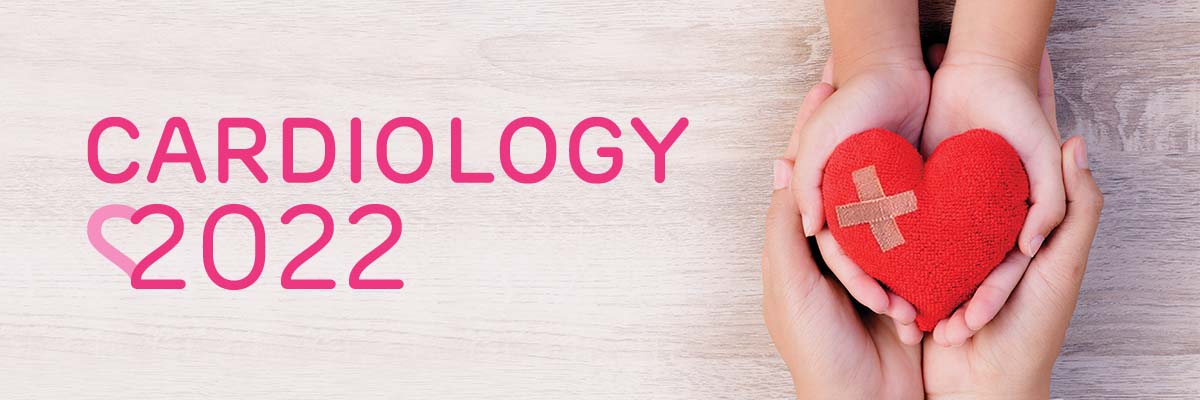
Tennessee AED Drills Resulting in Saves
Presented By:
Andres Contreras Vega, MD; Angel Carter RN, BSN; Sudeep Sunthankar MD; English Flack MD
Overview:
According to the most recent data from the AHA, there were 7,037 US children with out of hospital sudden cardiac arrest (SCA) in 2015 and sports-related SCA accounts for 39% of SCA in children. This represents an important problem in the US, where there are an estimated 30-45 million pediatric athletes. To protect our pediatric athletes, Tennessee has legislature in place that ensures schools have access to an AED and conduct regular cardiac emergency response drills. The Project ADAM (Automated Defibrillation in Adam’s Memory) Tennessee group has been active in providing AED/CPR training to schools and youth sports leagues throughout Tennessee. We believe that the combination of legislature and access to emergency response/ AED training has been paramount in saving our young athletes, as shown in our case.
Our case concerns a 16-year-old healthy cross-country athlete with no significant cardiac family history. While training at his school he suddenly felt dizzy and collapsed on the field. Bystanders noted that he was pulseless and initiated CPR. Within 5 minutes of initiating CPR, an AED was applied which detected a shockable rhythm (TdP/VF on review of strips). Within 8 seconds of the AED detecting and arming, a shock was delivered with subsequent return of sinus rhythm. By the time EMS arrived, he was back to baseline. He was treated at Vanderbilt Children’s Hospital and recovered well with no neurological sequelae. Initial work-up including echocardiogram, cMRI, exercise stress test, EP study was unrevealing. He was diagnosed with idiopathic ventricular fibrillation, had an S-ICD placed and continues to do well.
Several factors contributed to our case’s good outcome including early recognition of arrest and initiation of CPR by school staff, access to and early implementation of an AED, and appropriate use of AED to deliver a shock. Tennessee legislature was vital to ensuring the school had an AED and a cardiac emergency response plan in place, and Project ADAM had helped the school perform a cardiac emergency response drill 2 weeks prior to our case’s arrest. In debriefing with the school staff, they felt that the recent drill was pivotal in their readiness to react appropriately.
